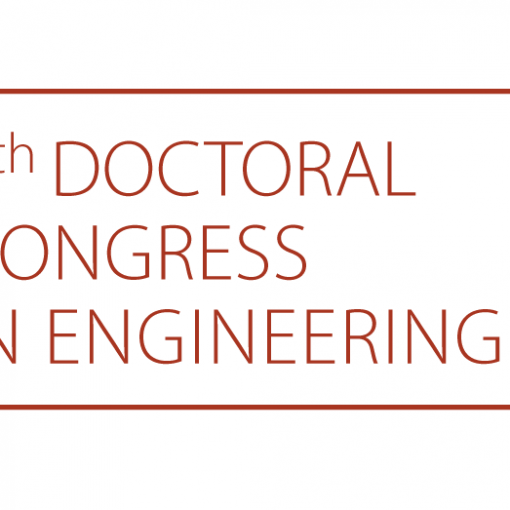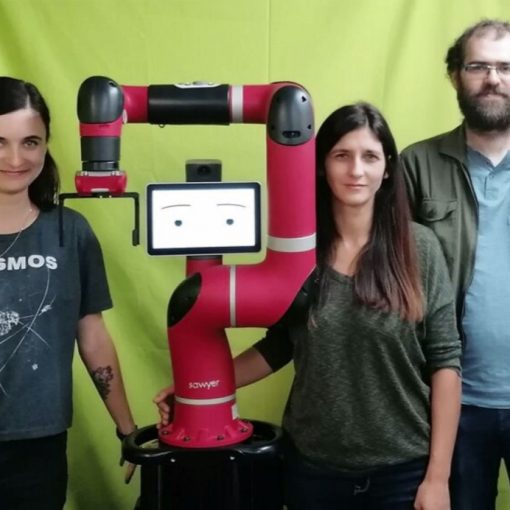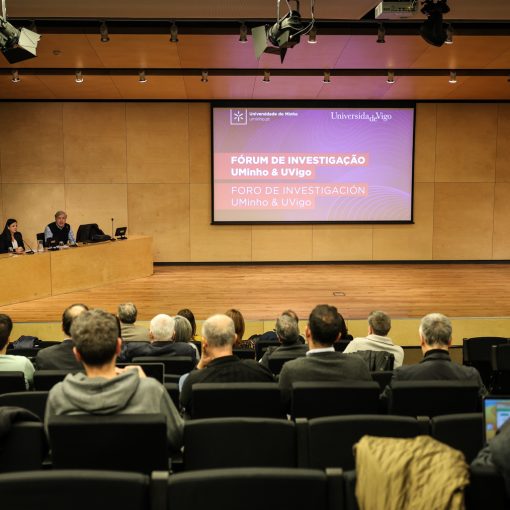The Vimaranense company Lavoro has announced that it is developing a high-tech therapeutic footwear project “better adapted to the condition of the diabetic foot”. The project is being worked on within a consortium of research and technological centres.
Conceived by the Coimbra Higher School of Nursing and led by the Footwear Industries and Commerce (ICC), the partnership also involves the IPC – Institute for Polymers and Composites and the 2C2T – Centre of Textile Science and Technology, of the School of Engineering of the University of Minho, and the Physics Centre of the Universities of Minho and Porto.
With this new ‘hi-tech’ footwear, its creators want to “reach a solution that simultaneously minimizes the risk of injury and promotes maximum ergonomic (with the ability to adapt the shape) and thermo-physiological comfort, associating it with a more modern and appealing ‘design’,” stresses ESEnfC.
The project is part of the Science DiabetICC Footwear programme, co-financed by the European Regional Development Fund (ERDF), under the EU programme Portugal 2020.
Science DiabetICC Footwear “intends to overcome the difficulties associated with the limitations of existing products”, constituting itself as “an innovative footwear”, highlights Pedro Parreira, researcher who coordinates the partnership and the Research Unit in Health Sciences: Nursing, of ESEnfC.
This will be “an ecological, waterproof and airy footwear, which will avoid odors and facilitate blood circulation”, summarizes, quoted by the Nursing School of Coimbra, Pedro Parreira, noting that “the insole will have special characteristics, will be removable and easy to clean” and “will integrate therapeutic agents. The shoe will have a “reduced weight” and an “appealing design in various colours”, and “the sole will be non-slip”, the ESEnfC teacher also mentions.
This therapeutic shoe is intended to be “a medical device, sustained by clinical research, to be reimbursed by the National Health Service”, concludes Pedro Parreira.
This is not the first project involving ICC – Lavoro and the School of Engineering of the University of Minho. In collaboration with CT2M (now MEtRICS) and the Mechanical Engineering Department of EEUM, ICC – Lavoro had already designed the Safety Slim Shoe (S3), for safety footwear, which incorporates steel originally developed for the automotive and aeronautical industries.
According to the Mechanical Engineering Department of EEUM, “the use of advanced steels has allowed the development of a holistic approach, integrating the manufacturing process, geometric definition of the toe cap and numerical simulation of the impact behaviour, maximizing the use of the material’s characteristics. This approach has favoured a weight reduction of more than 40%, with benefits for comfort of use; as well as a reduction of the occupied volume of about 30%, compared to toe caps manufactured in polymeric materials. It therefore allows the development of safety footwear with a more elegant design and greater added value”.



